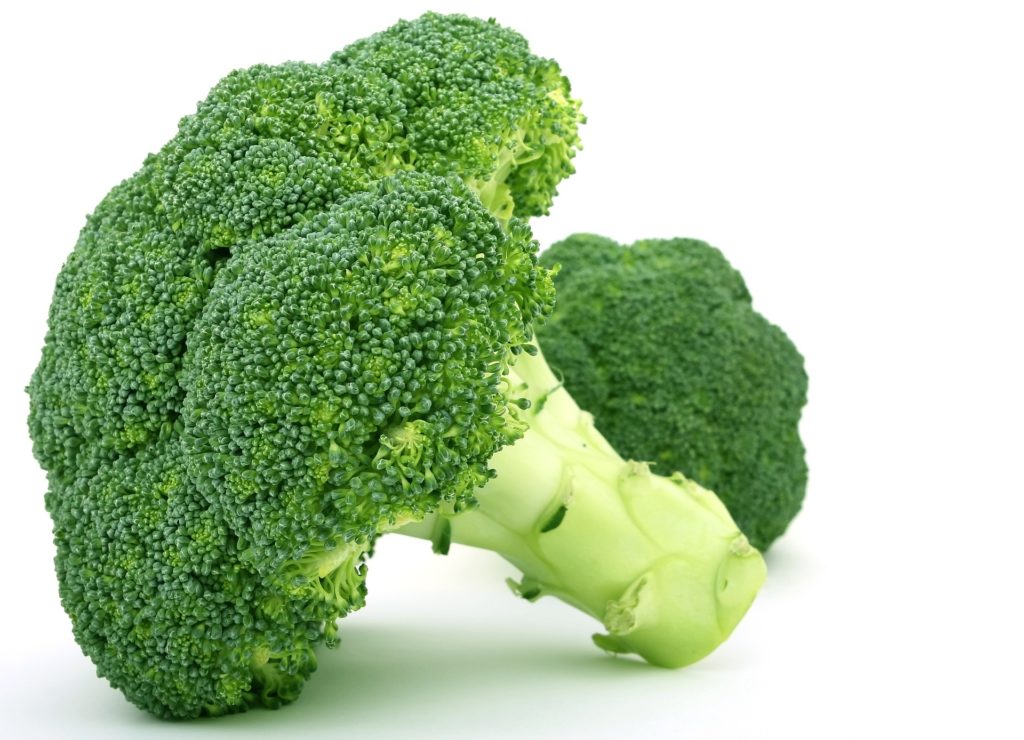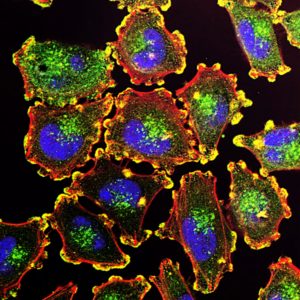Eat Your Broccoli and Other Cruciferous Vegetables!

Broccoli often evokes strong feelings, from President George H.W. Bush bashing the vegetable in a press conference, to children refusing to consume the vegetable at dinnertime. I remember as a child initially hating broccoli, then slowly learning to eat it. The stalks always tasted slightly sweeter than the florets if not too mushy from overcooking.
Nutrient Content
As a vegetable, broccoli is somewhat bitter tasting and can cause gas or bloating for sensitive individuals. Yet, broccoli has a lot of redeeming qualities. For a vegetable, it is high in protein, fiber, vitamin C, vitamin A, vitamin K, and calcium. It contains all the essential amino acids and even some omega-3 fats (Pereira 2001, Jefferey 2003, FDA 2021). Per serving, a cup or around 90 grams of broccoli contains:
- 2.5 grams of protein
- 2 grams of fiber
- 140 mg omega-3 fats
- 180 IU of vitamin A
- 67 mg of vitamin C
- 0.8 mg of vitamin E
- 270 ug of vitamin K
- 37 mg of calcium
Sulfur-Containing Phytonutrients in Broccoli
Along with a healthy amount of nutrients, broccoli contains “phytonutrients” or other plant constituents with health benefits. It should come as no surprise to most people familiar with it’s smell that broccoli contains sulfur. These sulfur compounds, broadly referred to as glucosinolates, have antimicrobial, antioxidant and anticancer benefits.
Antimicrobial Effects of Broccoli
Compounds in broccoli appear to have significant antimicrobial properties. These compounds are particularly high in broccoli seeds and sprouts.
The bacteria Helicobacter pylori is the most common cause of stomach ulcers. It is also notoriously difficult to kill with most infections requiring 3 or 4 drugs for treatment (Malik 2021). Although the research is limited, broccoli appears to have significant antimicrobial effects on H. pylori. One study found suppression of H. pylori with daily broccoli sprouts, although without full clearance (Yanaka 2017). A separate study showed clearance of the infection in one-third of patients with broccoli sprout consumption (Galan 2004).
Antioxidants in Broccoli
The sulfur compounds found in broccoli are potent antioxidants. Studies in rats suggest that these compounds protect from high blood pressure and heart disease (Wu 2004). Further studies in humans show enhanced antioxidant protection in the upper airways with sulforaphane, one of the more potent sulfur-containing compounds derived from broccoli (Riedl 2009). This may have practical benefits, decreasing cellular damage from air pollution exposure (Ritz 2007).
Anticancer Effects of Broccoli
The glucosinolates in broccoli sprouts and broccoli appear to have the ability to stop cancer cells from proliferating, often killing them outright. And while lethal to cancer cells, they appear non-toxic to healthy cells (Le 2020). A number of epidemiological studies exploring food and cancer incidence have suggested decreased levels of breast, colon, lung and prostate cancer with broccoli consumption (Razis 2013).
Conclusion
Broccoli is obviously a healthy food. If you enjoy broccoli, or can at least tolerate it, I usually recommend a serving of broccoli or other cruciferous vegetable once a day in order to gain the health benefits from this family of vegetables.



